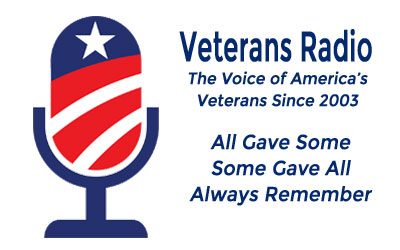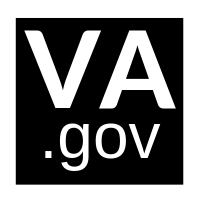“Everyone Has a Story to Tell”
 Dale Throneberry is excited about this week’s program covering the writing program at Charles George VA in Asheville, NC. The founder of the program, Joseph Bathanti, and Stephen Henderson and Butch Grudger, are his guests.
Dale Throneberry is excited about this week’s program covering the writing program at Charles George VA in Asheville, NC. The founder of the program, Joseph Bathanti, and Stephen Henderson and Butch Grudger, are his guests.
Joseph Bathanti, a Professor at Appalachian State University, as his signature laureate project spent two years leading writing workshops for veterans across the state. He understood the importance of veterans being able to tell their stories in a safe, non-judgmental setting.
Thanks to grants from the Asheville Area Arts, North Carolina Arts, and North Carolina Humanities Councils and a host of community sponsors he started a creative writing program for Vietnam veterans with PTSD oriented to their recovery and healing.
The Asheville Writing Program
Writing programs for veterans have existed since WWII. They can help veterans make sense of their military experience and honor the voices inside wanting to be heard. Often they support healing from wounds still carried.
As Ron Capps of the Veterans Writing Project says “not everyone is a story teller, but everyone has a story to tell” and “either you control the memory or the memory controls you”. Putting thoughts and feelings that continue to bang around to paper can help express and organize troublesome reminders, and bit by bit leave them behind.
The sessions are led by Elizabeth Heaney, an experienced therapist and writer who spent three years working with returning combat veterans on military bases around the country. Her book “The Honor Was Mine” chronicles the deep insights and care she holds. Leading with her is Dr. Bruce Kelly, a primary care physician who started the program and co-led the initial groups.
Almost every veteran when asked to participate said they “couldn’t write”. It turns out that all could, and did. We use ‘prompts’ … short pieces, poems, or stories that open a topic to encourage thinking, writing, and a basis for the evenings dialogue. The work is continued at home at your own pace.
There is no bad writing, no wrong way to do so. There is no judgment, only acceptance, encouragement and support. It requires only honesty, and a willingness to find a new kind of courage.
We’ve held three writing groups here over the past two years, all successful beyond what we could have imagined. Each veteran reported significant improvement in their symptoms or quality of life. For many it’s been transformative, as it has been for those privileged to lead the work. The groups have become a brotherhood around new shared experience driven by that first known in Vietnam fifty some years ago. We still meet monthly as the stories of healing continue to grow.
A Public Reading
All Gave Some. Some Gave All. Always Remember.






One of the common social stereotypes regarding soldiers and veterans is that they are always strong and resilient. Most veterans, for example, are often told to just suck it up or tough it out whenever they try to communicate their personal concerns. Because of this, many of them find it difficult to speak up. But creative writing offers a platform for these veterans to express themselves without having to worry much about getting told to “get over it”. All veterans of war have inherent stories to tell, and creative writing gives them the opportunity to write those stories down.